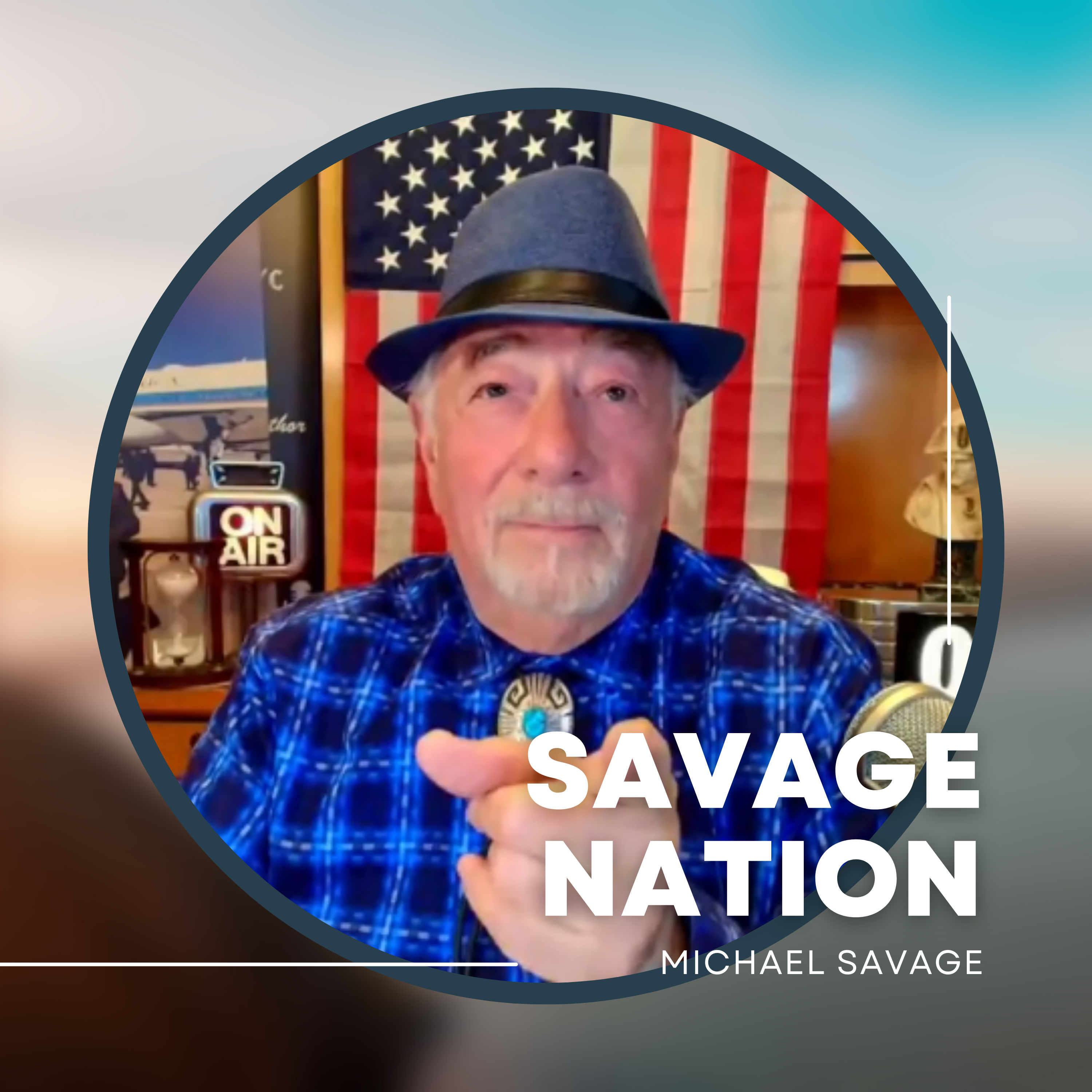
Think First with Jim Detjen
Think First is a short-form podcast that makes you pause — before you scroll, share, or believe the headline.
Hosted by Jim Detjen, a guy who’s been gaslit enough to start a podcast about it, Think First dives into modern narratives, media manipulation, and cultural BS — all through the lens of gaslighting and poetic truth.
Some episodes are two minutes. Some are an hour. It depends on the story — and the energy drink situation.
No rants. No lectures. Just sharp questions, quick insights, and the occasional laugh to keep things sane.
Whether you’re dodging spin in the news, politics, or that “trust me, bro” post in your feed… take a breath. Think first.
Visit Gaslight360.com/clarity to sharpen your BS filter and explore the 6-step clarity framework.
🚨Distorted is now available on Ingram, Amazon, Independent Book Stores, Apple Books, Harvard Book Store & COOP, and Barnes & Noble.
Think First with Jim Detjen
#78 Diversity Is Our Strength — Until You Disagree
This episode is only available to subscribers.
Think First · Full Archive
Access the complete Think First archiveAt 3:31 a.m. in Minneapolis, a sound echoes through the dark — a call that now defines a city’s new idea of “inclusion.”
From that single moment, this episode unpacks the story we’ve all been sold: that diversity automatically makes us stronger.
But what happens when inclusion becomes a script, disagreement becomes hate, and silence becomes the safest response?
We trace the shift from tolerance to enforcement — from slogans to censorship — and show how the same moral choreography plays out in cities, corporations, campuses, and your own inbox.
Featuring:
- Minneapolis’s new ordinance on amplified prayer calls
- The U.K.’s 12,000 annual “offensive communication” arrests
- Corporate DEI retrenchment and algorithmic speech filters
- Campus self-censorship (58% of students admit it)
It’s not about race or religion — it’s about rules.
Who gets the microphone.
Who gets the mute button.
And how the “Volume-Knob State” is quietly teaching everyone to whisper.
Stick around to the end for the callback, the laugh, and a special announcement about Distorted: Expanded Edition — out February 10, in hardcover, paperback, and Audible.
Stay sharp. Stay skeptical. #SpotTheGaslight
Read and reflect at Gaslight360.com/clarity
Support Think First and access the full archive for $3/month:
Gaslight360.com/subscribe
3 31 a.m. Minneapolis. A sound rolls down an empty street. Legal now. The call to prayer. Five times a day, all year, broadcast before dawn and after dark. City Hall called it inclusion. Some neighbors called it a change in the sound of home. Cut to London, not a riot, not a threat, just a timeline where 30 people a day are arrested for messages they posted online. Cut again, a school board meeting where parents read from school-approved books and get escorted out for violating decorum. Every era has a slogan that means more than it admits. Ours might be this one. It sounds moral, it feels unifying. And yet, somewhere between tolerance and silence, the meaning shifts. If diversity is our strength, why does disagreement make us weak? Before we go further, this episode examines ideas and institutions, not individuals or faiths. It asks what happens when good intentions start to enforce orthodoxy. Because the louder we celebrate diversity, the less room there seems to be for difference. And today, we're going there. This is Think First, where we don't follow the script. We question it. Because in a world full of poetic truths and professional gaslighting, someone's gotta say the quiet part out loud. Every institution repeats it. Politicians in soundbites, CEOs in ads, universities in marble, diversity, equity, inclusion. It's treated like gravity. Self-evident, beyond debate. Disagree and you're not just wrong, you're immoral. Let's test that. In the UK, roughly 12,000 people were arrested last year for online communications labeled offensive or distressing. That's about 33 a day. In Canada, comedians face tribunals for jokes. In America, cities bend neutral ordinances to amplify one ritual while restricting another's flag. What do we call it when fairness itself becomes situational? That's where gaslighting creeps in. Not as a lie shouted from rooftops, but as a story whispered until we repeat it ourselves. Gaslighting at scale runs a simple playbook. One reframe. That's when disagreement becomes hate. Two invert. That's when censorship rebrands as compassion. And three, forget. That's when yesterday's failure returns tomorrow wearing a progress badge. We've seen it before. Every time an institution says, you're not silenced, you're promoting harm. Ask a forbidden question and watch the tone change from invitation to interrogation. So five questions to carry with you. One, was the slogan built to end the argument? Two, who decides which differences deserve celebration? Three, when did offense become proof of guilt? Four, why did neutral principles turn into code words? And five, can a democracy survive when its laws apologize for existing? Because diversity doesn't always strengthen. Sometimes it strains, especially when imported faster than trust can form, or when guilt replaces standards. Every era needs a moral tagline. Ours is three words long and plastered on everything from HR emails to airport banners. Diversity. Equity. They sound like progress, they feel like proof, but somewhere between the poster and the policy, the definition changes. When inclusion becomes a reason to rewrite rules, we're not expanding freedom, we're reallocating it. Let's start with the official story, the one told from the podium. The mayor called it a landmark for religious freedom. Sounds noble, and it is, if the rule applies to everyone.
SPEAKER_00:Monday, Minneapolis Mayor Jacob Fry signed an ordinance allowing a daily broadcast of the Islamic call to prayer five times a day.
SPEAKER_05:Today, Minneapolis officially becomes the very first city in the United States to allow Adan, all five daily prayers, 365 days a year to be publicly broadcast. Minneapolis is proud to be home to a flourishing Muslim population. And this ordinance not only supports our residents, but it shows that we are a city of all religions. We are a city of inclusivity. We are a city where all are indeed welcome. This is a victory here in Minneapolis, one that should be celebrated. And I truly hope that other cities around Minnesota, around our country, and around the globe choose to take this path as well. Why? Because we value our diverse communities. We value freedom of religion. And in doing so, this call to prayer a don. Just like church bells or the ringing of the shofar, they are all important to our religions. They can all be heard.
SPEAKER_03:Now imagine another group asking for the same five amplified minutes, five times a day. Would the decibel tolerance stay the same? Or does fairness have a favorite frequency? That's the first trick of institutional gaslighting. Selective universality, a rule for all, until it isn't. The sales pitch. Make space for every voice in society grow stronger. Beautiful idea. But speech obeys physics. Amplify one frequency too high, and the rest disappear into noise. So we reduce harm. London calls it a public safety measure. Birmingham police call a like button potential hate. On campuses from Boston to Bristol, lived experience outranks evidence, and asking why becomes a disciplinary offense. Poetic truth sells comfort like candy, and the price is always paid in questions you stop asking. Let's look at the receipts. Receipt number one policing offense. It started with a promise to make the internet safer, but in the UK, that promise turned into 12,000 arrests last year for offensive or distressing messages. That's 33 people a day, one every 45 minutes, cuffed over pixels. Here's Tucker Carlson.
SPEAKER_07:How many people do you think were arrested in the United Kingdom for speech violations? Arrested by the police, handcuffed and brought to jail in 2023? What's your guess? Is it more than 12,000? Because that's the answer. More than 12,000. Wow, that seems like a lot. Is that a lot? Well, let's compare it to the number, the widely agreed upon number from the most totalitarian country in the world. A country so lacking in basic freedom, a country run by a madman, a country that's so evil, we're literally at war with that country right now, just on principle. And that country, of course, is Russia under Vladimir Putin. How many were arrested in Russia? A country with twice the population of the UK. Oh, we happen to have the number. 3,319. So that tells you, you don't think totalitarianism can come to the Anglosphere? Oh, it already has.
SPEAKER_03:Threats are criminal, but jokes, sarcasm, a meme? That's where free speech ends and mood management begins. The distortion hides in the motive. Police say they're protecting victims, citizens hear they're protecting feelings. And when law enforcement starts moderating tone instead of crime, the line between safety and submission blurs. People stop joking. Then they stop speaking. Eventually, they stop thinking out loud at all. Receipt number two. Consistency versus curation. The rule book says neutrality. Reality says selective enforcement. In Boston, city officials banned a Christian flag to stay neutral. The Supreme Court called that unconstitutional. Two years later in Hamtramck, Michigan, officials banned all private flags, and the court said that was fine. Same principle, different courage. Because fairness isn't complicated, it's just inconvenient. Once a bureaucracy discovers that neutrality can offend, neutrality disappears. Every exemption writes a new sermon about who's sacred and who's safe to ignore. So, when a city amplifies one ritual to promote inclusion, but mutes another to avoid division, it's not equality, it's curation. And curation is just censorship with graphic design. Receipt number three Fear and Silence. The hardest distortion to see is the one built on fear. A 2025 national audit found gaps in tracking child exploitation crimes, data missing, accountability missing. Officials admitted they'd hesitated to act in earlier cases like Rotherham 2015, where staff ignored abuse for fear of being labeled racist. That fear didn't come from malice, it came from moral blackmail, the kind that swaps courage for reputation. The system told workers better to do nothing wrong than risk looking wrong, and so nothing got done. The gaslight here isn't propaganda, it's paralysis. A bureaucracy so scared of outrage that it forgets who it's supposed to protect. When leaders trade justice for optics, compassion stops being virtue. It becomes vanity. Receipt number four. Symbols over policy. The Office for National Statistics released its 2023 baby name data. Muhammad ranked number one for boys across England and Wales. Some called it trivia, others called it transformation. Because names are never just labels, they're signals, and when the signal shifts that far, that fast, people notice and wonder what else is changing underneath. Headlines treated that unease as xenophobia, but beneath it is something older, a question about continuity, about whether the house still feels like home. Cohesion doesn't require sameness, but it does require trust, shared rules, shared language, shared expectations. When institutions ignore that instinct, citizens read the silence as surrender. That's the real issue, not who's naming their children what, but who's allowed to talk about it without being shamed. Statistics became symbols because symbols carry emotion, and emotion fills the vacuum that data leaves behind. Protection claims to shield the vulnerable, then declares everyone vulnerable. If safety requires censorship, it's not safety, it's management. What began as compassion now sounds like command. Before we dive back in, a quick word about the project that's bigger than this podcast. What if the biggest lies you've been told weren't lies at all? What if they were stories? Comforting stories, soothing myths, the kind of poetic truths that feel good, even when they're not true. That's the game. Politicians do it, media does it, institutions do it. They don't just lie, they distort. They gaslight you with shame, they cradle you with bedtime myths, and that gap between perception and reality is where we're losing the plot. That's why I wrote Distorted: How gaslighting and poetic truth bend our perception of reality. It's not another self-help book, it's a survival manual, a guide for spotting the tricks, dodging the spin, and refusing to outsource your thinking. Early access is open now. Find it at Barnes Noble, Amazon, and at gymdechen.com. And if you do grab a copy, here's my one ask: leave a review. Because the world isn't short on lies. It's drowning in distortions. Alright, back to the show. Let's steel man the official view. Inclusion defends the vulnerable. Speech can wound. Pluralism needs limits. All is true in moderation. But when limits fall one way only, that's not pluralism. It's curation. Picture a mixing board. For generations, the West kept the volume near the middle. Everyone gets a turn at the mic. Imperfect, but legible. Then came a new idea. Turn some voices down to make others safe. That's not balance. That's mixing. And whoever controls the mixer controls the mood. Welcome to what I call the volume knob state. It works like this. A city amplifies one ritual for equity, yet bans another for neutrality. A platform throttles a view to protect users, then spotlights another to promote awareness. A government punishes online annoyance, yet ignores streetside shouting. It's not faith versus the West. It's control versus consistency. Power now hides inside compassion. The less you can question an idea, the more sacred it becomes. And the more sacred it becomes, the less it can be examined. That's not empathy. That's engineering.
SPEAKER_01:So you go out on your show and said in part the following. This is on the show The Saturday 5 on GB News 7.
SPEAKER_02:I'm done. I'm done with the euphemisms. I'm done with the crocodile tears. I'm done with the calls for unity. I'm done being told not to hate, and I'm done skirting around uncomfortable truths. So let's listen. Uncomfortable truth one. Multiculturalism hasn't merely failed, it has embedded sectarian violence on the streets of the UK and cost countless lives. Most recently, the lives of Adrian Dorbley and Melvin Kravitz in Manchester. Again, strength and love to their families. Uncomfortable Truth Two, diversity is not our strength. It has never been out strength. And in fact, it has now become our greatest weakness economically and culturally. And not yet to hear any coherent argument for its value that doesn't default to whether we get good restaurants out of it, which isn't good enough justification for complete cultural and social fracture. And the stars have got the recipes now anyway. Uncomfortable truth three. Islamism is a cancer on the UK. And more citizens will die as a result of appeasing it. We need to say these uncomfortable truths loudly, and whilst we still can.
SPEAKER_03:As you just heard on the Meghan Kelly show, Will Kingston essentially put it: diversity has never been our strength. Shared values are. A sentence so simple it could get you banned from LinkedIn. There's a chapter on this in Distorted. Not a conspiracy, just a pattern. Once language becomes enforcement, reality learns to whisper. In the volume knob state, you don't go to jail for speech, you just lose reach. Self-censorship becomes patriotism with better lighting. Because the easiest citizen to govern is the one who edits his own sentence before he speaks. How do you know the volume knob state has moved into your neighborhood? It's easy, just listen for the tone shift. 1. The word swap. Old rules used to say permission required. Now they say respect required. It sounds polite, but it means watch your mouth. When words like safety and well-being start showing up in fine print, they're usually doing someone else's heavy lifting. 2. The one-way rule. Notice which symbols get a hall pass. One group's banner is called heritage. Another's is labeled offensive. Same poll, different standard. That's not fairness, that's branding. 3. The shortcut. Leaders skip the hard part, explaining. Instead, they call disagreement division. It ends the debate before it starts. Two signs it's about to get worse. Signal 1. Sneaky laws. New bills slide in words like harm or online safety. They sound harmless until they're used to police opinions. Signal 2. Fragile institutions. When an email begins with, some in our community feel unsafe, you already know how it ends. Another rule about what you can't say. That's how control works now. Quiet, reasonable, and wrapped in empathy. The laws are just the start. The real test isn't written on paper, it's written into daily life. Poetic truth is what happens when slogans from Washington start showing up in your inbox. Corporate America fell hard for it, posters of smiling faces, emails about belonging, a week of training on empathy, and a lifetime of pretending it works. Then, 2024 arrived. Quiet layoffs, empty mission statements, and a press release calling it strategic realignment. When Virtue became a budget line, it was already on borrowed time. Because if your values depend on funding, they're not values, they're subscriptions. But the real story isn't the layoffs, it's who took their place. The new referee doesn't wear a name badge or attend sensitivity training. It's digital, invisible, always polite. Now your gatekeeper isn't a person, it's an algorithm that reads tone. It doesn't shout, you can't say that. It just filters you out before you hit submit. That's not censorship with a club, it's censorship with a smile and a software update. Universities used to teach people how to think. Now they grade them on how they feel about what they think. FIRE, the Foundation for Individual Rights and Expression, surveyed more than 250 colleges last year. The finding? Six in ten students admit they hold back in class. That's 58%, more than half, editing themselves before they even speak. Think about that. These are adults, bright, opinionated, paying$30,000 a year to hesitate. They don't fear being wrong, they fear being recorded. One word out of rhythm and the clip lives forever, captioned as hate. So they stay quiet, smile through the seminar, and hope participation points don't require honesty. Administrators call it creating a safe environment. Students call it not worth the risk. It's ironic. The freest generation in history is now afraid of words. That's not education, that's emotional choreography with tuition. And if universities, the supposed laboratories of truth, start rewarding conformity, it's only a matter of time before the rest of society follows their syllabus. Now, let's dig deeper on FIRE's college free speech rankings.
SPEAKER_04:Some of the most prestigious universities are among the worst offenders in protecting free speech. A recent survey found that the war in the Middle East is deepening divisions on college campuses and encouraging censorship.
SPEAKER_06:2023 was the worst year on record for shoutdowns on college campuses. And since October 7th, it's been pretty much exclusively pro-Palestinian students who've been engaging in these shoutdowns. Um, and that's the definition of mob censorship.
SPEAKER_04:Greg Lukianov, president of the Foundation for Individual Rights and Expression, has been monitoring the state of free speech on college campuses for decades, using the most comprehensive survey to date, spanning more than 250 universities. The survey conducted this year from January to June collected responses from students in four-year programs. It found the top school promoting a strong free speech environment is the University of Virginia, followed by Michigan Technical University.
SPEAKER_06:I don't think it's a coincidence that Michigan Technological University finished first last year and second this year, partially because they have a really pretty even split among political backgrounds of their students. And that creates a much healthier environment. When you have like you know nine to one liberal to conservative students, though that creates a skew. And certainly when you have, you know, um, some of these universities have entire departments that don't have a single conservative in them. It creates terrible groupthink, which is not good for the production of knowledge.
SPEAKER_04:Over half of the students surveyed identified the Israeli-Palestinian conflict as the most difficult topic to discuss openly, marking a record high for any issue since the rankings began in 2020. The war has surpassed even abortion and gun control, with Jewish, Muslim, agnostic, and atheist students all reporting significant discomfort when engaging in conversation about it. Perhaps even more concerning, however, is how the issue of free speech is becoming a global problem.
SPEAKER_06:Oh, yeah. I mean, the the global picture for free speech right now scares me to death. I mean, Canada, I think, is still considering passing a law that speech crimes could get you up to life in prison. Ireland uh has a hate hate speech law that it recently passed. Thousands of uh Brits back in 2015 and 2016 were arrested for quote-unquote offensive comment comments on the internet. Like it we're in a bad way. In America, thank goodness we have the First Amendment. Thank goodness we have such a strong commitment to freedom of speech. But boy, is that going to be tested as the rest of the world turns against it.
SPEAKER_04:Lukinov believes universities need to make massive reforms, suggesting the College Free Speech Survey could be one way to make campuses safer environments for free speech, and he urges parents to use it when deciding which schools their children should attend. Brody Carter, CBN News.
SPEAKER_03:Now, let's shift to what I call the moral budget. Virtue works like currency. Every slogan spends a little trust, every public apology prints more of it. Eventually, the moral dollar inflates, and truth loses value. We've all met the corporate version of this. That manager who mistakes politeness for courage, that all-staff email titled Kind Candor in the Workplace. Translation: Say whatever you like, as long as it sounds approved. When niceness replaces honesty, you don't get peace. You get politeness with teeth. A culture addicted to virtue always needs a higher dose. When empathy stops inspiring, outrage takes its place. That's the national version. But what does it look like in real life? On your street, your feed, your office slack? Let's bring it home. So far, we've talked about policies, language, and power. The big stuff. But distortion doesn't live in headlines. It lives in the small, polite moments you barely notice, the ones that make you hesitate before you hit send, before you speak up, before you clap or don't. That's where the volume knob state really hides. Not in law books, in daily life. Here's how to spot it. One, the mandatory applause. Picture a company meeting. Someone says, we're committed to courageous conversations about inclusion. No one knows what that means, but everyone claps anyway. That's not agreement. That's instinct. Because when silence feels risky, you're not in a democracy anymore. You're in a performance. Two, the double standard. Your city bans Christmas banners for neutrality, but sponsors a pride parade under the same logo. Or your company flies one flag to raise awareness, but rejects another as too political. You're not crazy. That's not fairness. That's selective virtue with balloons. 3. The language patch. Watch how everyday words quietly get replaced by mood words. Concern becomes trauma. The question becomes microaggression. Policy becomes journey. It sounds gentle and billable. That's how power hides. Behind words that feel nice and cost extra. Still not convinced? Try this. Post a simple headline online and add, curious what others think. Then watch who comments and who disappears. That chill in the thread, that's self-censorship. The volume knob state doing its job. And here's two warning lights when it's about to get louder. Signal 1, algorithmic empathy. Your phone finishes your sentence to keep the tone positive. It's not helping you write, it's teaching you the approved emotion. Signal two, professional peril. HR adds a new core value called kind candor. Translation. As long as it sounds like us. So, how do you stay sane? You don't have to shout. Just stay curious and keep your own volume knob on manual. 3:31 a.m. again. Same street, same loudspeaker, same city that said it was making room for everyone. This time, the sound hits different, because now we've heard how the rules bend, who gets volume, who gets silence, and who calls it progress. It's not about faith, it's about frequency. Who gets heard and who gets told their tone is unsafe? Diversity was supposed to make the choir louder. Instead, it handed out microphones by ideology. So if you're wondering what the volume knob state sounds like, it's not a government memo. It's a speaker on a poll at 3.31 a.m., reminding you who's allowed to be loud. Because if your strength needs a moderator and a mute button, it isn't strength. It's stage management with better lighting. And somewhere, a city noise inspector is filling out the paperwork. For courage. You don't need all the answers, but you should question the ones you're handed. Because in the end, diversity of thought only counts if all the thoughts sound the same. Until next time, stay skeptical, stay curious, and always think first. By the way, a quick heads up before you go: the expanded edition of Distorted drops February 10th. Hardcover, paperback, and audible. More than 200 new pages of research, stories, and receipts we couldn't fit in the first release. If you've liked these episodes, that book is the full picture. Again, February 10th, Distorted. Available everywhere you get your reality checked. Want more? The full six-step framework we use is at gaslight360.com. You can also dive into the deeper story, the bio, the podcast, and the mission at gymdechen.com. And if you like this one, tag it. Save it. Share it.
Podcasts we love
Check out these other fine podcasts recommended by us, not an algorithm.
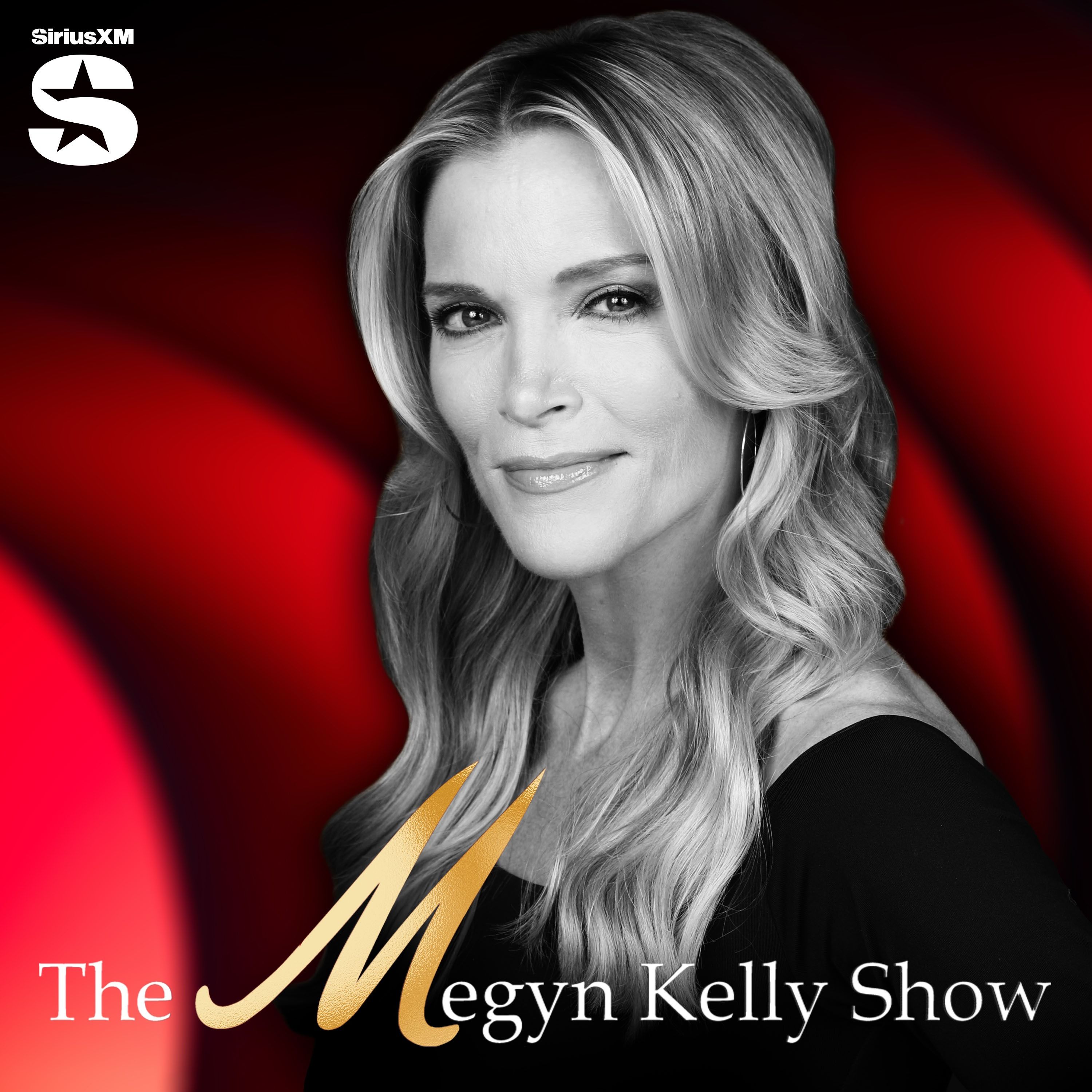
The Megyn Kelly Show
SiriusXM
Hidden Brain
Hidden Brain, Shankar Vedantam
The Tucker Carlson Show
Tucker Carlson Network
Cato Podcast
Cato Institute
The Joe Rogan Experience
Joe Rogan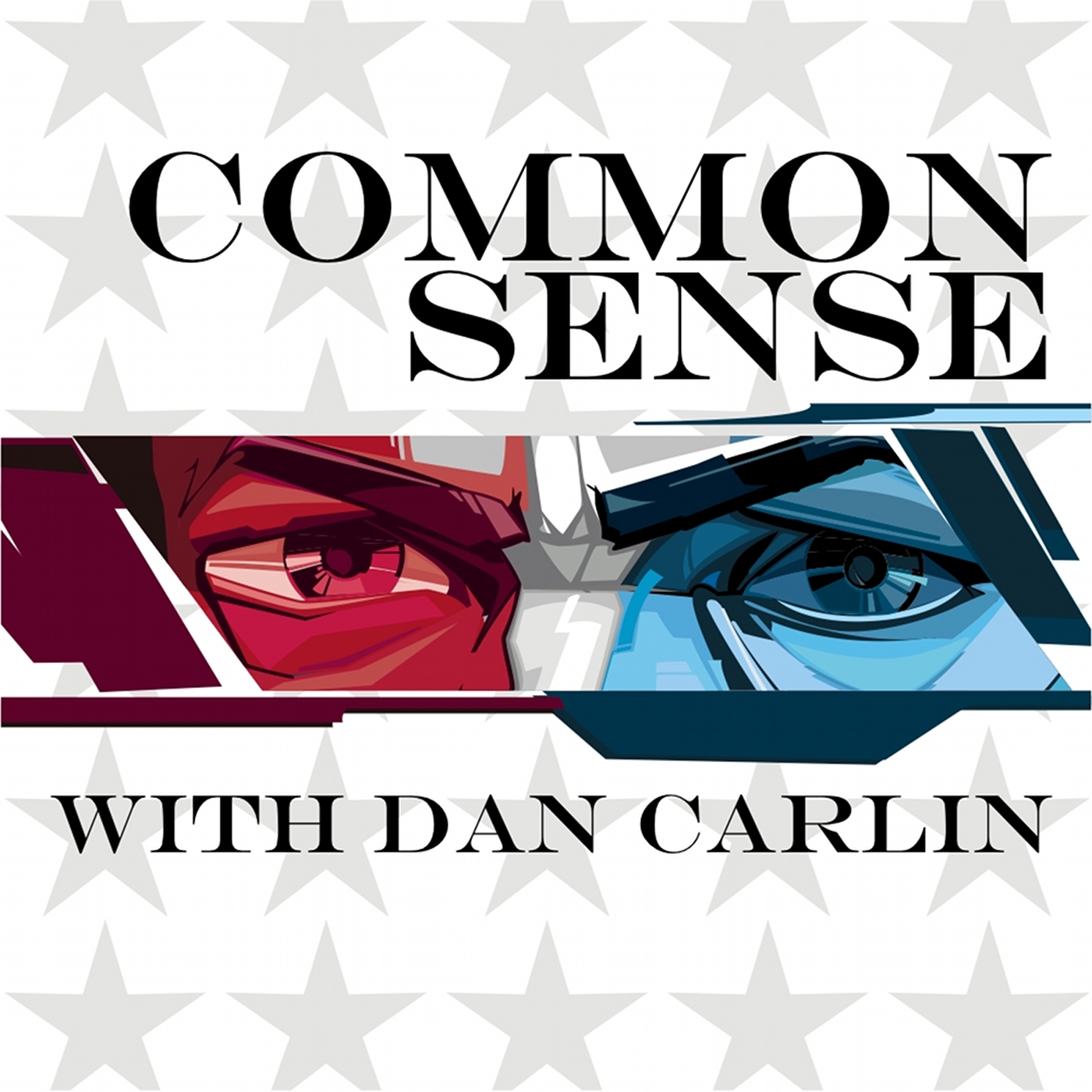
Common Sense with Dan Carlin
Dan Carlin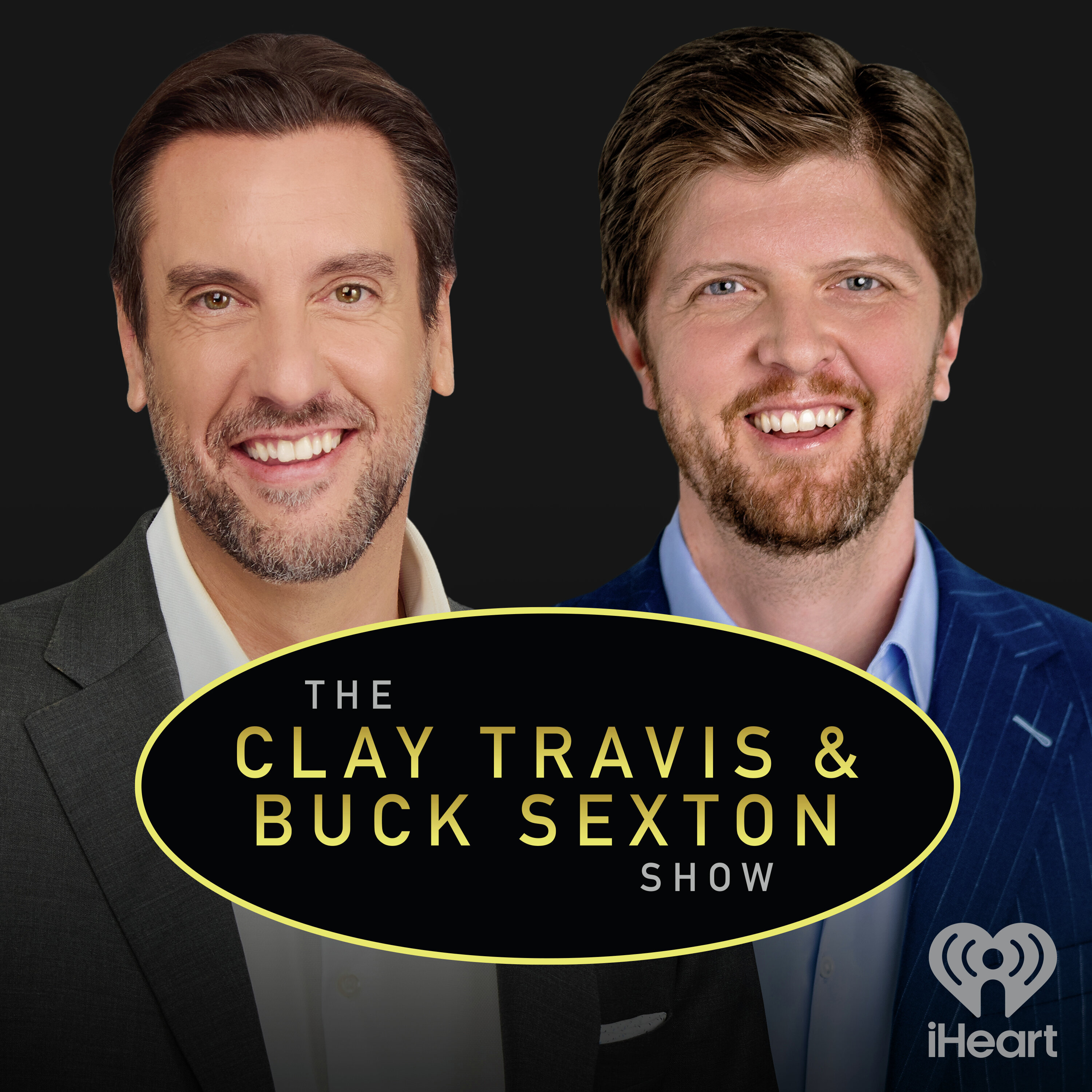
The Clay Travis and Buck Sexton Show
iHeartPodcasts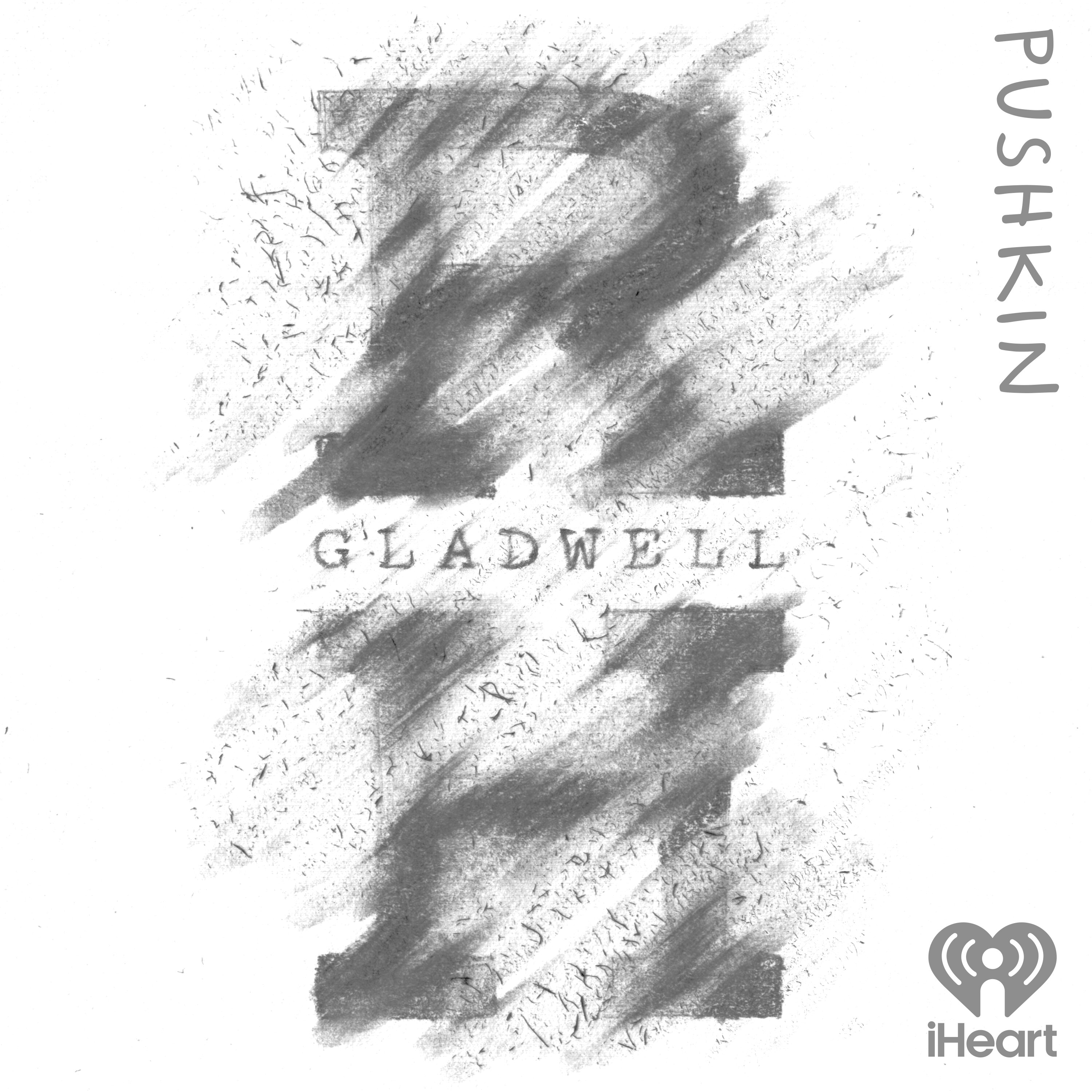
Revisionist History
Pushkin Industries
Freakonomics Radio
Freakonomics Radio + Stitcher
Fearless with Jason Whitlock
Blaze Podcast Network
The Daily Beans
MSW Media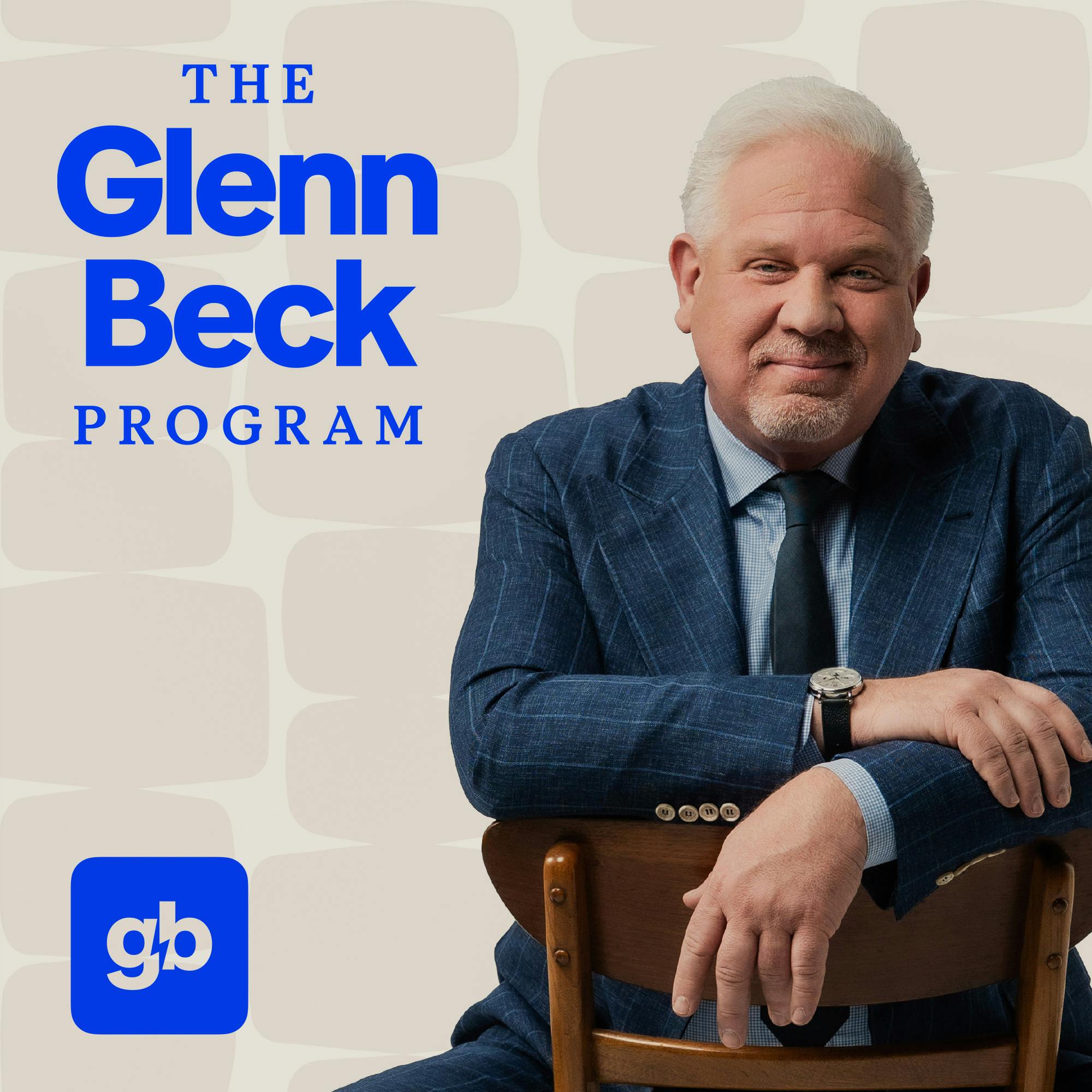
The Glenn Beck Program
Mercury Radio Arts
Countermine
Dondi&Karlin
The Shawn Ryan Show
Shawn Ryan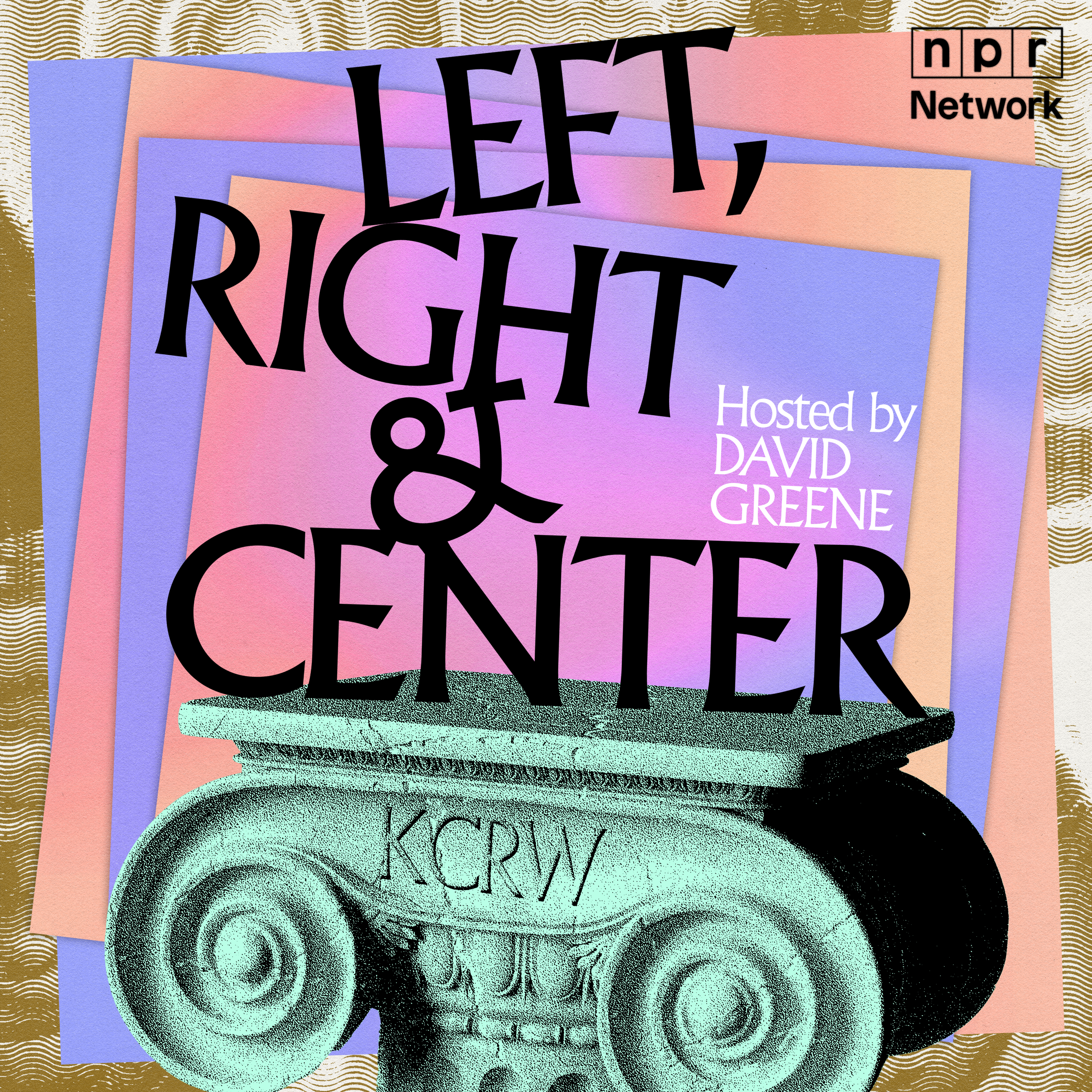
Left, Right & Center
KCRW
Political Gabfest
Slate Podcasts
Stuff You Should Know
iHeartPodcasts
TED Talks Daily
TED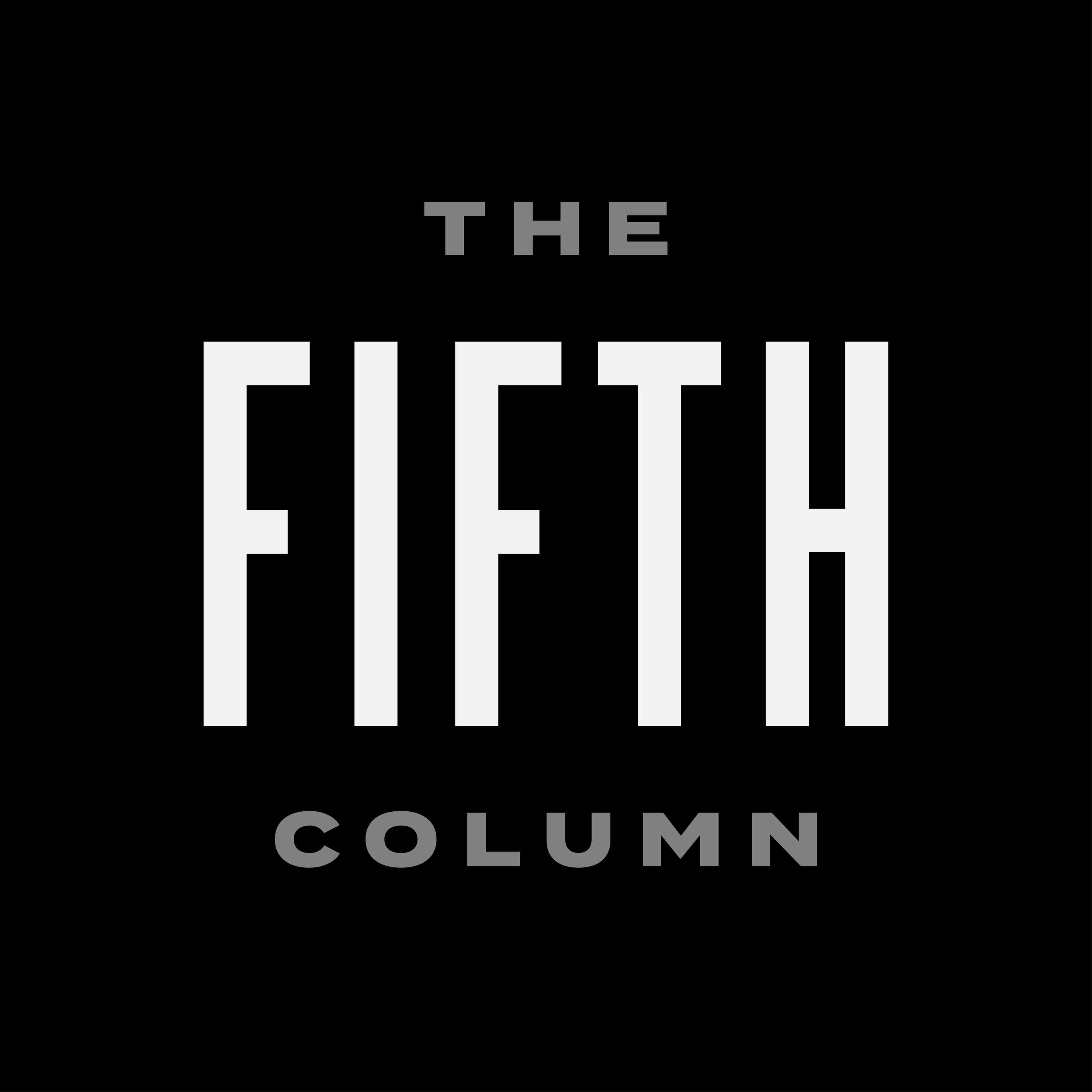
The Fifth Column
Kmele Foster, Michael Moynihan, and Matt Welch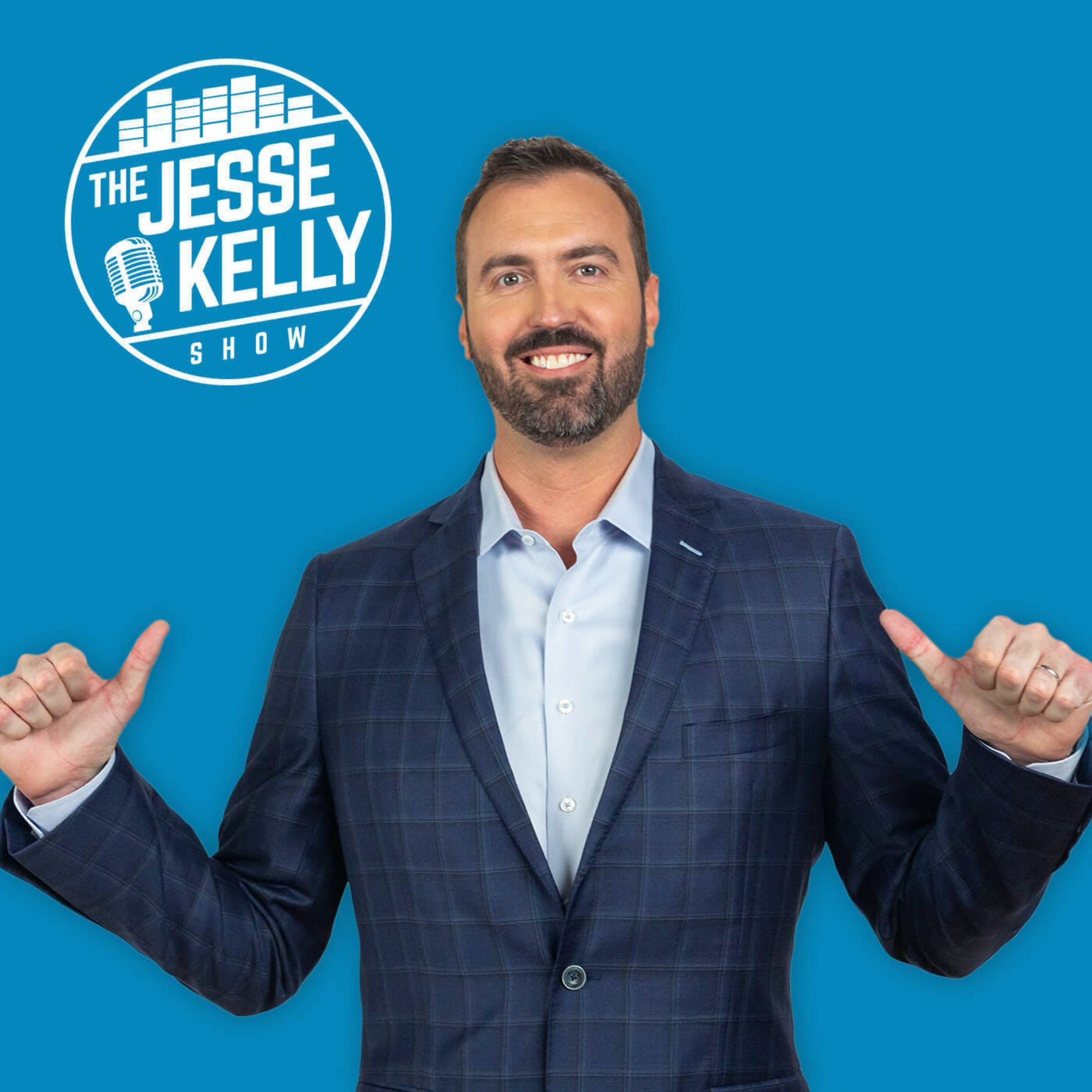
The Jesse Kelly Show
iHeartPodcasts
The Jordan B. Peterson Podcast
Dr. Jordan B. Peterson